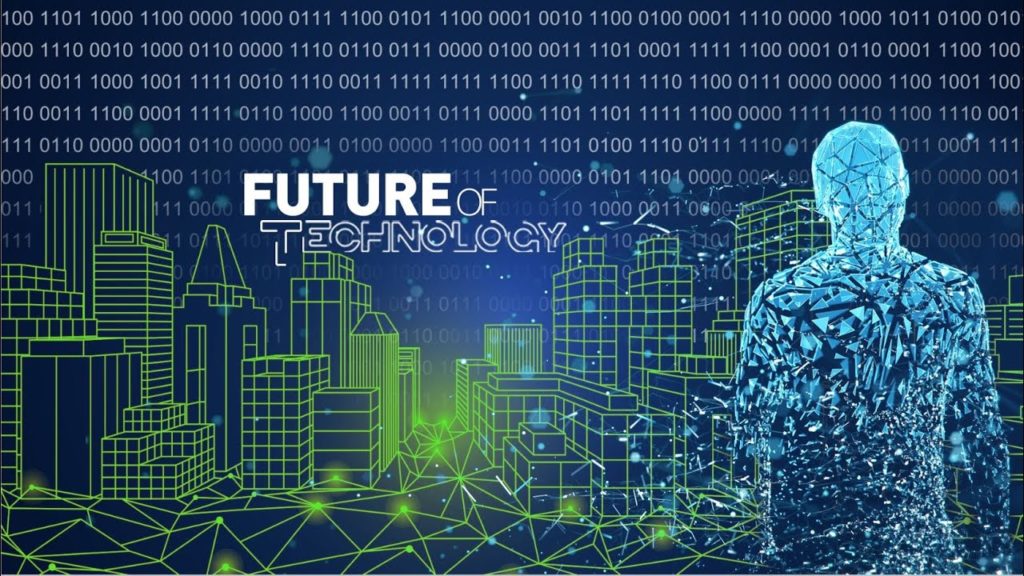 By B.N. Frank
By B.N. Frank
82% of Americans think Artificial Intelligence (AI) is more harmful than helpful. It’s not just about massive job loss (see 1, 2, 3, 4) and having to implement UBI (Universal Basic Income) so a significant amount of people don’t starve to death. There’s also the push for humans to “merge” with AI. That sounds both creepy and dangerous. Internet of Things (IoT) technology also carries many risks. For many years already security experts have been warning about how easy it is to hack (see 1, 2). It has a 74% failure rate. IoT can also be used to violate our privacy which can lead to all kinds of consequences.
A new book reveals more reasons to be concerned about the future of technology and how it will affect humanity in every possible way.
From Full Measure with Sharyl Attkisson:
Here on Full Measure, we love to examine technology and the future of what’s possible. It always seems to come with a mix of excitement and concern…as Daniel Gerstein makes very clear in his book: “The story of technology, how we got here and what the future holds.”
Sharyl: What is the future of technology?
Daniel Gerstein: Well, I have a mix of a great excitement and some trepidation, and that is because I think that technology today just gives us extraordinary capacities that we didn’t have, but it also is now allowing us to manipulate the very essence of life, and it’s changing the way we interact with each other with between nations, between governments.
Sharyl: Will technology change, do you think, what it means to be human?
Daniel Gerstein: I think that is exactly what’s happening with biotechnology. We have learned how to manipulate the DNA very effectively. We know only the functioning of about one and a half percent of those. But imagine when we’re able to understand all of the interactions, we would be able to dramatically alter the essence of life.
Sharyl: Most people would say, I think, that they would see implications from manipulating DNA if it made us healthier or better. But the question is what is better? And where’s the line drawn?
Daniel Gerstein: So if you were to ask a mother if she wanted her child to be born with some inheritable disease that could easily be cured, you’d almost unanimously get people saying, Oh, absolutely, we should cure that child. But the real question is, what happens when you begin to preferentially change DNA? I want blue eyes. I want to be tall. I want to be a have super human strength. Those sorts of manipulations could be possible in the future.
Sharyl: What about the military applications? Is there a time when you could see us fighting Wars almost exclusively with drones now perhaps, but then robots and other things that have nothing to do with humans? And then is that better or worse?
Daniel Gerstein: My concern about the complete automation of the battlefield using artificial intelligence is it takes the human dynamic out of the equation. And with that, I wonder if perhaps we make war too easy to fight if we reduce our human costs.
Sharyl: What is the “internet of things” in simple terms?
Daniel Gerstein: I monitor my houses with cameras. I can open doors, I can turn on lights. All of those can be done using the internet of things. I think there are a lot of implications that people haven’t even started talking about yet. First is we are losing our privacy in leaps and bounds. We have devices or we have software on there such as Siri and Alexa, which are listening to what we’re saying. They are deciding what our preferences are. And if we say something and Siri picks it up, then we could be getting, would you like to buy this?
Sharyl: Let’s say you’re having a private discussion about a health issue and somehow your conversation is picked up and a decision is made unbeknownst to you about you because of that.
Daniel Gerstein: Yes. And let’s take it one step further. Perhaps you’re not being selected for a job because they have picked up that you have a temper or they believe you have a temper because you had an outburst. And so, you know, how we monitor ourselves or handle ourselves in both in public and private will certainly be affected by this internet of things.
Sharyl: What do you see as ways we can avoid those dark views?
Daniel Gerstein: We have to think about what are those categories of technologies, or activities with technologies that we should not become involved in. And with the abilities with bio technology and the internet of things and artificial intelligence, our ability as humans to really manipulate our environment and change the human experience is something that we at least need to consider before marching off into the abyss.
Activist Post reports regularly about AI, IoT and other unsafe technology. For more information, visit our archives and the following websites.
- Americans for Responsible Technology
- Environmental Health Trust
- Physicians for Safe Technology
- Scientists for Wired Tech
- Wireless Information Network
Subscribe to Activist Post for truth, peace, and freedom news. Become an Activist Post Patron for as little as $1 per month at Patreon. Follow us on SoMee, Flote, Minds, Twitter, and Steemit.
Provide, Protect and Profit from what’s coming! Get a free issue of Counter Markets today.